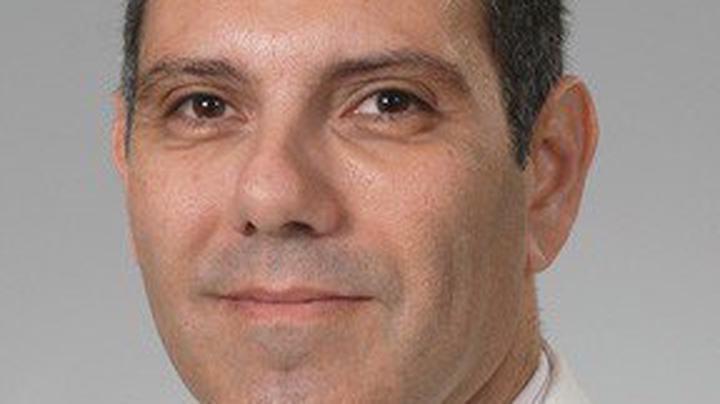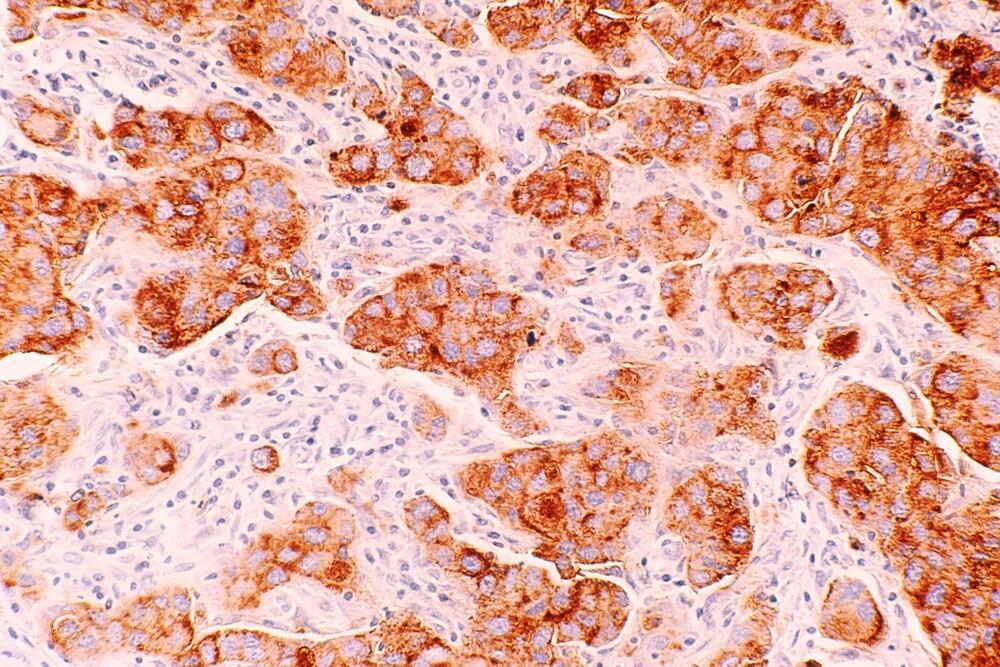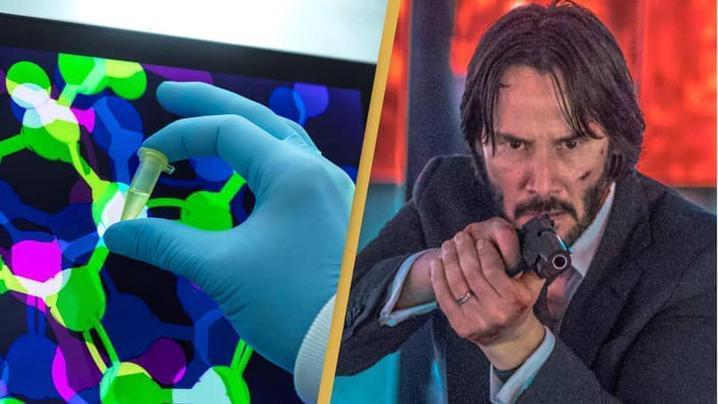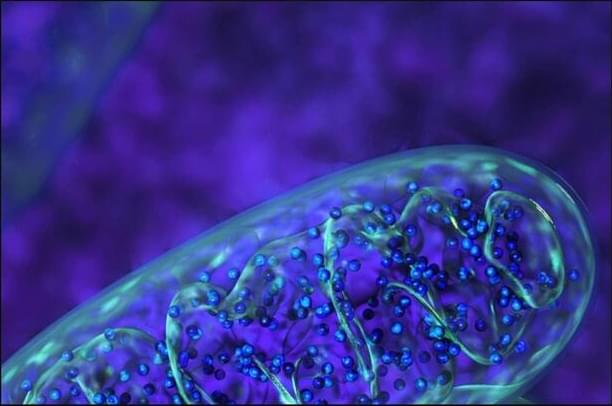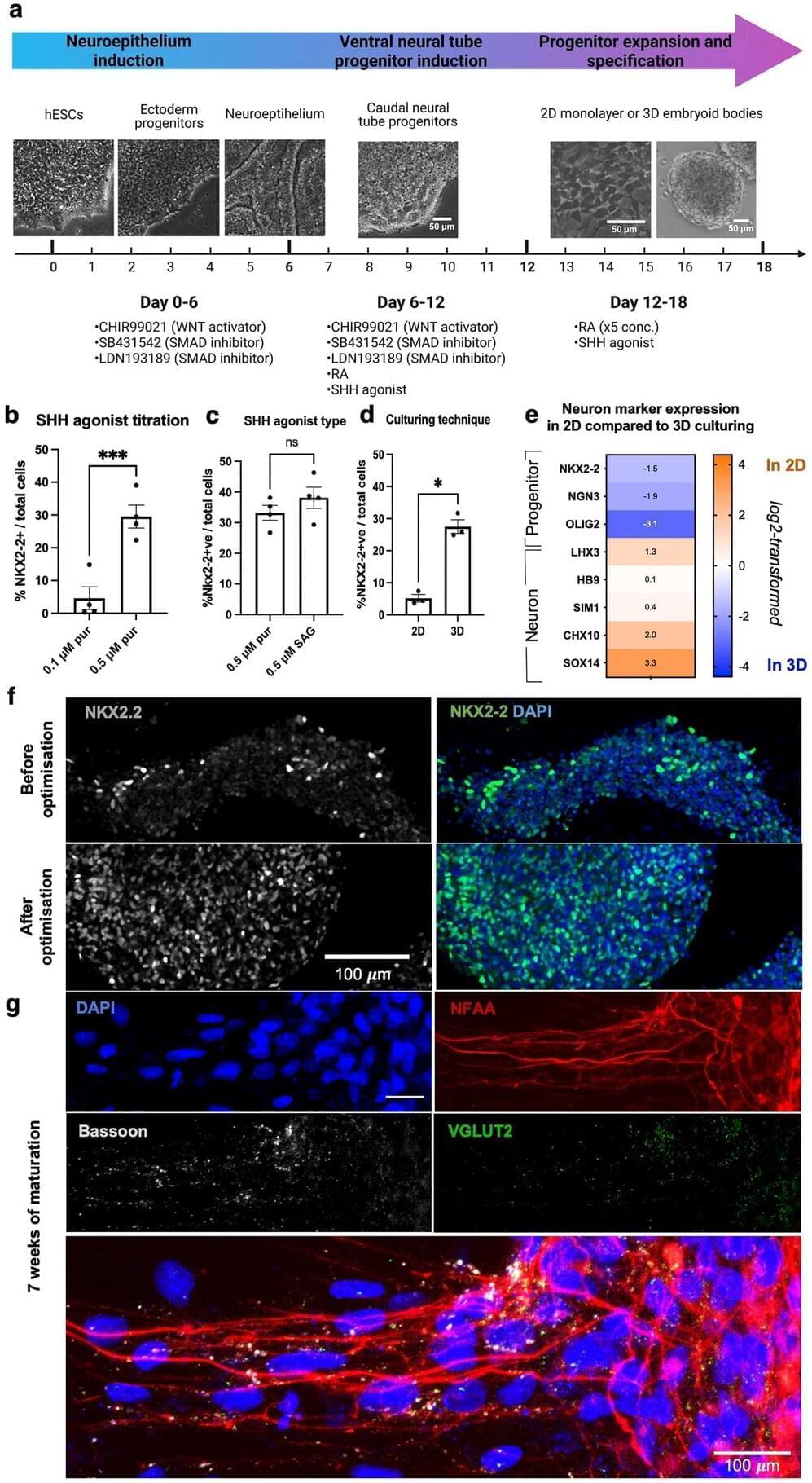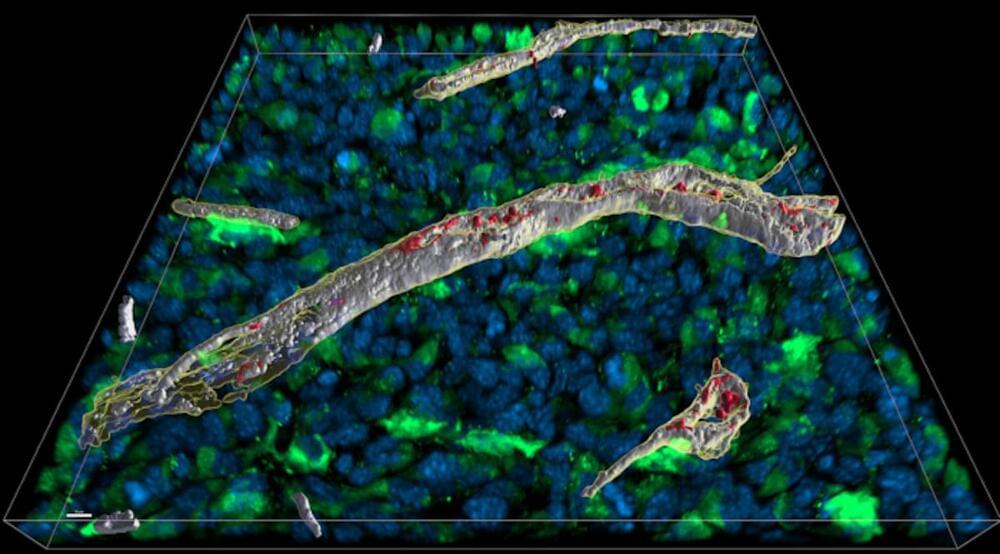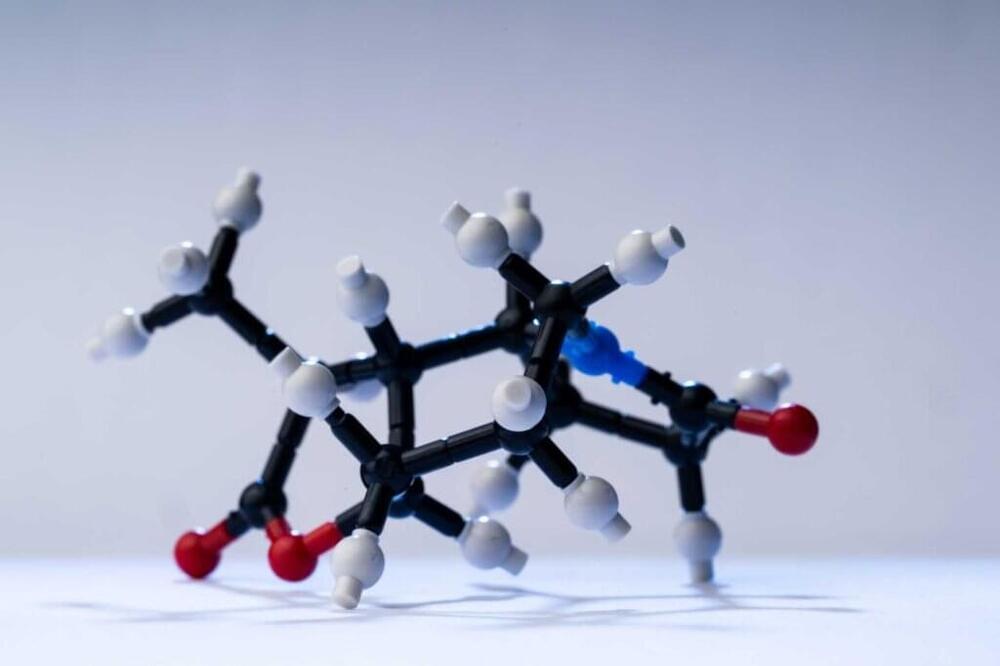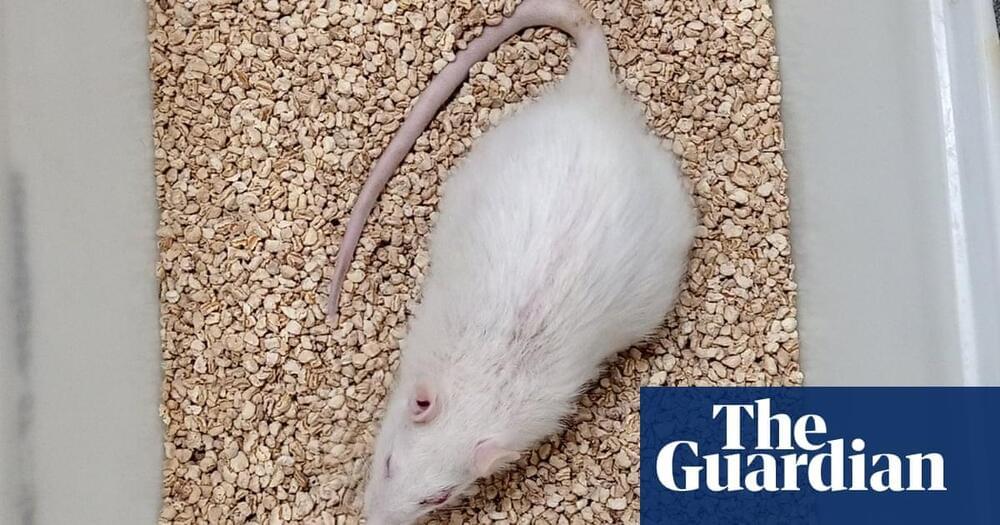
The results from Katcher’s latest study will be written up when Sima dies, but data gathered so far suggests that eight rats that received placebo infusions of saline lived for 34 to 38 months, while eight that received a purified and concentrated form of blood plasma, called E5, lived for 38 to 47 months. They also had improved grip strength. Rats normally live for two to three years, though a contender for the oldest ever is a brown rat that survived on a restricted calorie diet for 4.6 years.
“The real point of our experiments is not so much to extend lifespan, but to extend youthspan, to rejuvenate people, to make their golden years really potentially golden years, instead of years of pain and decrepitude,” Katcher said. “But the fact is, if you manage to do that, you also manage to lengthen life and that’s not a bad side-effect.”
Results from such small studies are tentative at best, but some scientists believe the work, and similar efforts by others, has potential. A preliminary study from a collaboration between Katcher and experts at the University of California in Los Angeles found that infusions of young blood plasma wound back the biological clock on rat liver, blood, heart and a brain region called the hypothalamus. Commenting on the work in 2020, Prof David Sinclair, a leading expert on ageing at Harvard medical school, said if the finding held up, “rejuvenation of the body may become commonplace within our lifetimes”.


